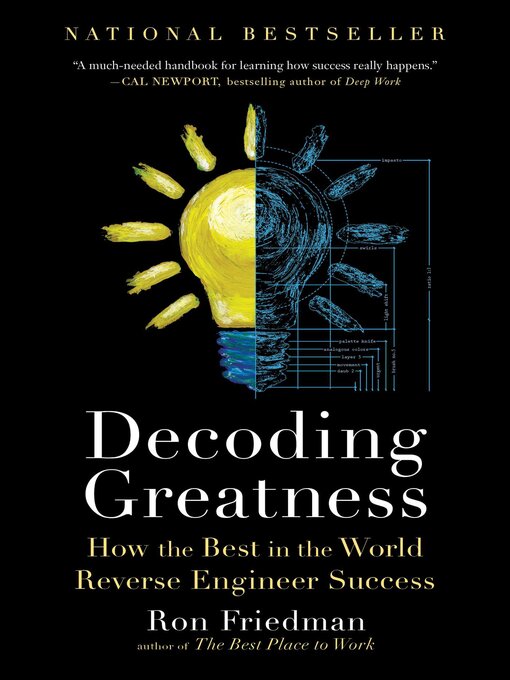- Available now
- New eBook additions
- New kids additions
- New teen additions
- Most popular
- Try something different
- See all ebooks collections
- Available now
- New audiobook additions
- New kids additions
- New teen additions
- Most popular
- Try something different
- Audiobooks for the Whole Family
- Great Narrators
- Newly Available from OverDrive- Available Now
- See all audiobooks collections
- Most Popular Magazines
- Get the Newest Issue
- Art & Architecture
- Business & Investing
- Cooking & Food Magazines
- Crafts & Maker Magazines
- Current Events
- Entertainment
- Fashion
- Health & Fitness
- Home & Garden
- Kids & Teens Magazines
- Men’s Interest
- See all magazines collections




